A: No. The staff at the jail cannot help you with the bonding procedure. Unless an alternate agreement is made with the courts a bond must be purchased before any inmate is released from jail.
A: Bail is a sum of money, property, or a surety bond promised to the court to guarantee an arrested person’s appearance in court during trial. The right to reasonable bail is guaranteed by the Eighth Amendment of the Constitution of the United States.
A: A bail bond is a financial guarantee that you will appear for all court appearances until your case concludes or is dismissed. You pay the bail amount, and if you do not show up for court, the court will keep the bail and issue a warrant for your arrest.
A: Under state law, a licensed bail bonds agency can provide a type of insurance policy or “bond” that guarantees payment of the full bail amount if the defendant does not show up for their court appearances. Bail bonds agencies charge a percentage of the total bail amount to the defendant or the person who signs the bond on their behalf, plus any additional fees that occur, such as court costs.
A: A co-signer is a person who signs an agreement with the bonding company for the release of an inmate who is currently incarcerated. His or her signature indicates that the co-signer guarantees that the defendant will make good on the promises outlined in the bond agreement. The co-signer is legally responsible for ensuring that the defendant for whom he or she signed appears at court on the appointed days and times. They’re also responsible for making any payment plans associated with the bond as well as informing both the court and bonding company of any updates to their or the defendant’s physical address or phone number.
A: Once a person is arrested, they must be booked. This process may take half an hour to several hours. Once a judge sets the amount of the bond, the person, also known as the defendant, may post bail and be released until an arraignment hearing date is set. A bond is designed to guarantee said defendant’s appearance in court. The bonding company guarantees to the court that they will pay the total amount of the bond should the defendant fail to appear in court.
When posting a bond with a bonding company, a cosigner or indemnitor is required. A cosigner or indemnitor, which is often a friend or relative, will sign a contract with the bonding company ensuring financial responsibility should the defendant fail to appear for any court dates. This obligation does not end until the court has exonerated the bonding company from the case.
Should the defendant fail to appear in court, the cosigner or indemnitor will need to turn the defendant into the bonding company to be surrendered or have the case reset. If the defendant absconds, the cosigner or indemnitor must pay the full amount of the bond. The bonding company will then forward the amount to the courts.
Once the cosigner or indemnitor has signed a contract with the bail bonding company, the bail agent will prepare the necessary paperwork for the defendant’s release. You may co-sign ONLINE or in person at our office. Once the paperwork has been completed at the jail, the defendant is then released
A: Once a bail bond agent has turned in the jail’s bond, the defendant’s release depends on the paperwork process in that specific jail. This may take anywhere from 30 minutes to 24 hours.
A: Our team will help you with the paperwork. If you do not have or do not have access to certain information, please call our office and we will assist you in retrieving it or provide alternative options.
A: This is not a problem. All bonds can be purchased ONLINE.
A: The money the defendant paid the bail bond company is a fee for service and is not returned.

“MAKE YOUR FIRST CALL COUNT” – 770-472-8900